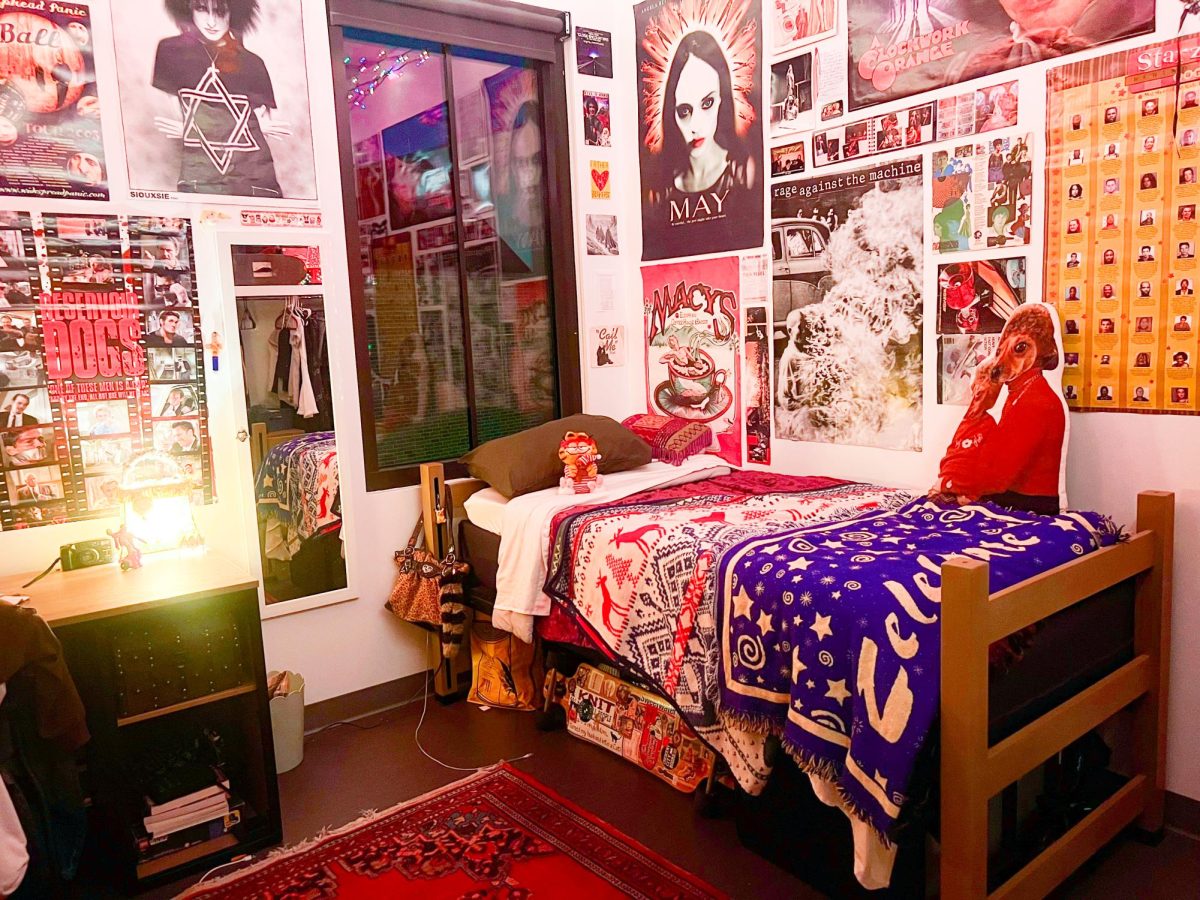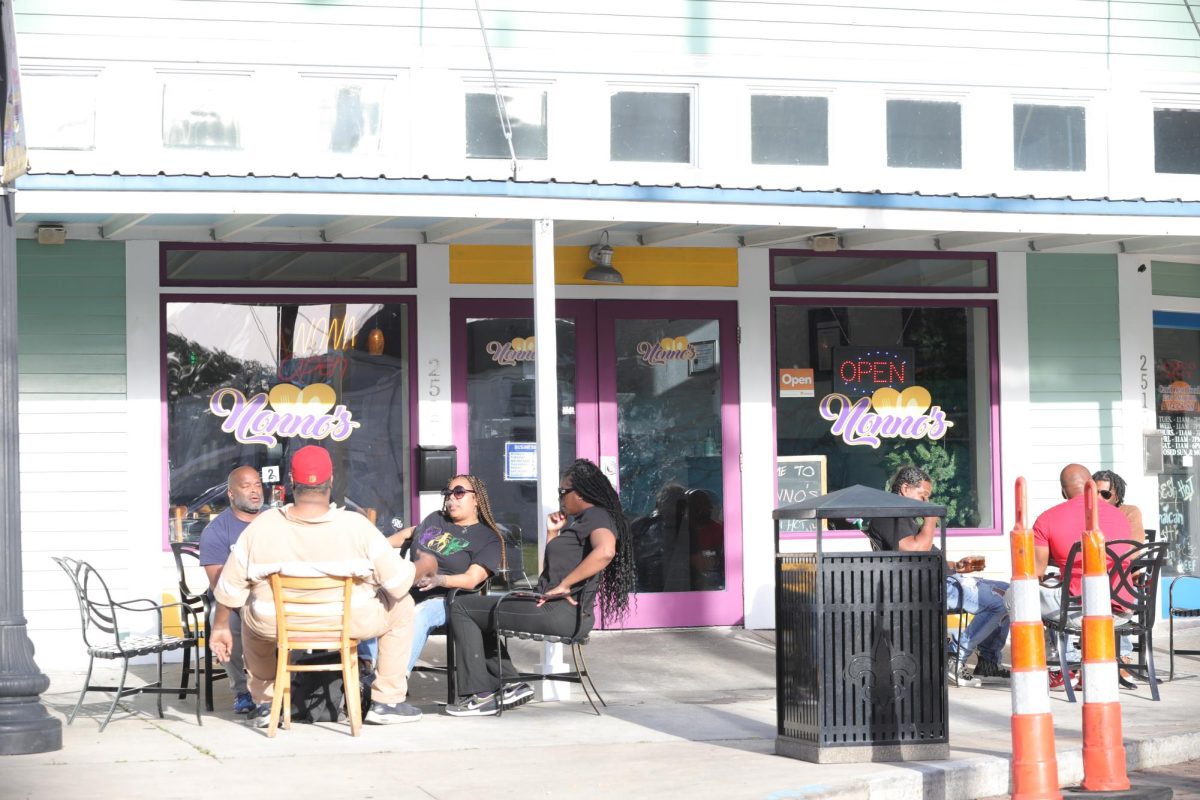If you are one of the more observant students on Loyola’s campus, then you may have noticed an increase of kids wearing bandannas either on their arms or on their heads last week.
You, sir or ma’am, are quite observant, for last week was the first game of Humans vs. Zombies, presented by the Tulane Club of the same name.
For the unacquainted, Humans vs. Zombies is a game that simulates the Zombie Apocalypse popularized by such movies as “Dawn of the Dead,” “Shaun of the Dead,” the “Thriller” music video and video games such as “Left 4 Dead” and “Resident Evil. “
Using Nerf guns and the basic rules of tag, Humans vs. Zombies is a game that brought all your favorite artwork into one glorious 5-day event for all to enjoy. Using a combination of the aforementioned bandannas and Nerf blasters, Loyola and Tulane students got to test their proficiency in the entire “zombie scenario.”
Founded by a few students after a failed international zombie day in New Orleans, Humans vs. Zombies was a game imported to the Tulane and Loyola campuses by a few visionaries, led by John Colin Kepich. Originally founded at Groucher College in Maryland in 2005, this game has spread to many other colleges and finally reached New Orleans in 2011.
Though this was a club founded at Tulane, the game quickly found a community of willing Loyola participants, since zombie life is one of the more interesting and plausible simulations of bodily resurrection that Catholics are so crazy about.
This game is played on two levels, both ultimately based around some form of tag. The “humans” are fending off zombies by tagging them with Nerf products or socks, so that if a Zombie is hit by a Nerf dart or a sock, they are temporarily stunned long enough for the human to get away to a safe zone. The zombies simply have to tag a human with their bare hands before being tagged by a Nerf product or sock. This game went on non-stop from 12 a.m. Wednesday to 12 a.m. Monday. At the end, only 16 players out of the registered 201 managed to survive to the end as humans.
This game, however, is about far more than simulating bodily resurrection for Catholics or testing your human survival skills. It allowed for the more eccentric communities of Loyola and Tulane to meet each other. Even a pledging sorority member at Tulane remarked that she met more people during this game of Humans vs. Zombies than she met during her rush. Regardless of who you are coming into this game, this experience will build friendships.
Despite the rarity of Humans vs. Zombies games (currently planned for once a semester), the organizers are already planning to expand to games of Capture the Flag and general Nerf wars to indulge their player base.
This club is looking to expand more concretely at Loyola and find more opportunities for charity work. Despite the tendency for the players to eat brains, they also raised hundreds of dollars for the relief effort in Japan.
John Valdespino can be reached at jlvaldes@loyno.edu














